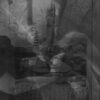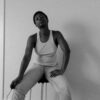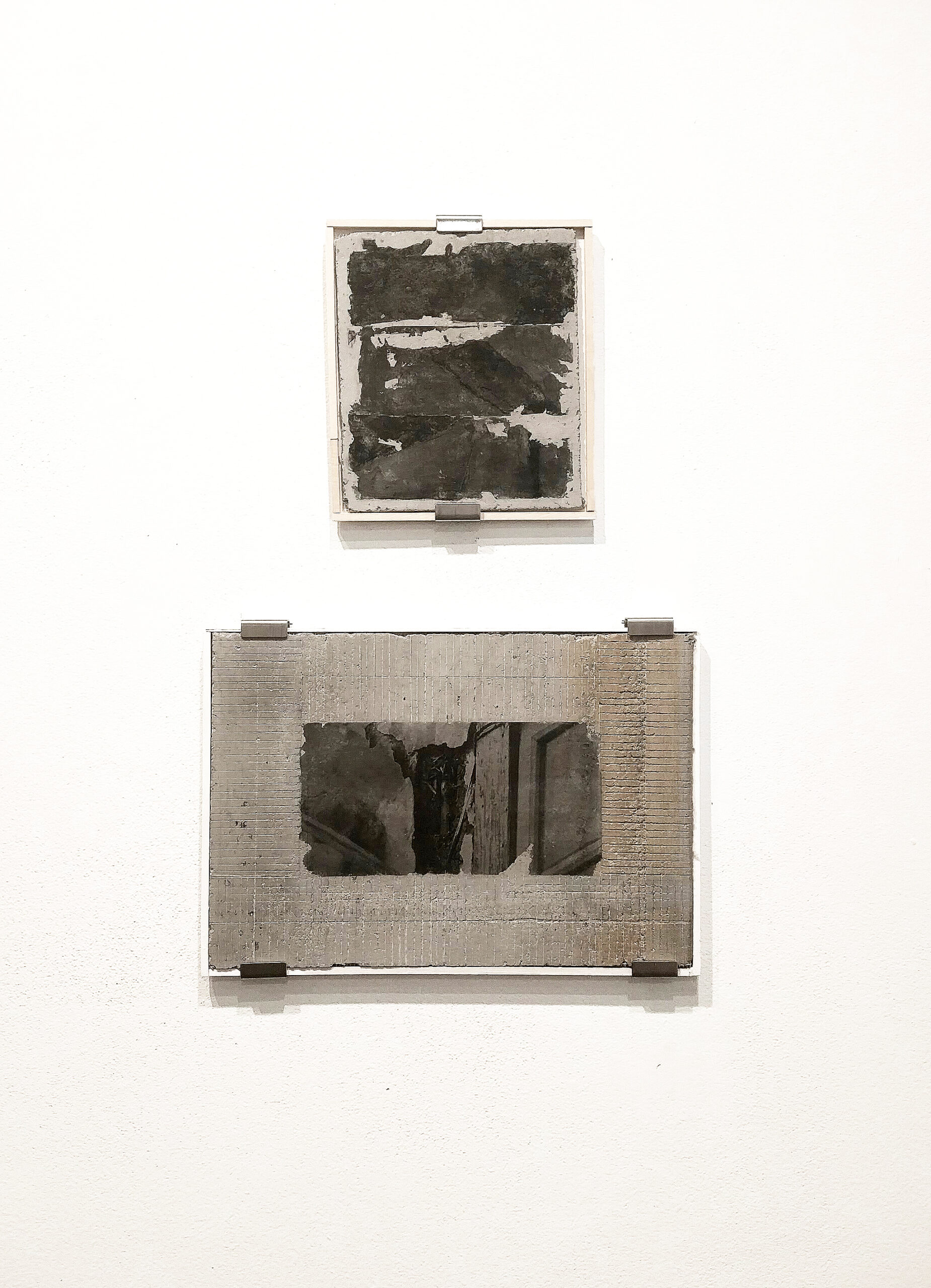ARTIST STATEMENT
Memoryscapes Series is a transnational, multimedia/disciplinary project about militarism, disability experience, and remembrance. Originating from “Hileah,” which means “beautiful prairie” in Muskogee language and was used to name one of the American military bases in South Korea as well as a city in Florida, it meditates the simultaneous process of translation, reproduction, replication, and disruption of war memories and disability representation.
Submerged/ing is about witnessing the process of deterioration as colonial trauma and amnesia. It is also about blurred boundaries between human and non-human beings under the politics of disposability, profitability, and desirability.
ABOUT THE ARTIST
I am an interdisciplinary artist, activist, and researcher. My work seeks to navigate the complicated realities of how disabilities are produced, perceived, and represented in the face of critical sociopolitical issues. I approach disability through a liberatory lens where disparate stories are told with dignity and facilitate space for radical imagination. My practice is collaborative and process oriented. The process involves intricate research on disability history, representation, and narratives in local, national, and global contexts and community engagements to invite broader audiences into conversations ranging from community care to state violence and wars. These vibrant interactions later become archived, reproduced, and transformed into different art forms including zines, drawings, installations, and writings. My artistic practice and process entails combining lived experience, research, and community engagement. When it comes to lived experiences, I not only get inspiration from my own experiences but from others. I read essays, listen to interviews and discussions, watch films and documentaries, and engage in interactive virtual or in person activities. The art making process necessitates three stages of the research process: the subject/issue area the work envisions to address, materials such as its historical and cultural implications, and making that includes budgeting and logistics. Collaboration is also an important part of the process considering the context, connections, and community building. It is about understanding where my practice exists historically, politically, and culturally, making connections, and facilitating spaces for conversations, creations, and ruminations.
© Youree Kim



